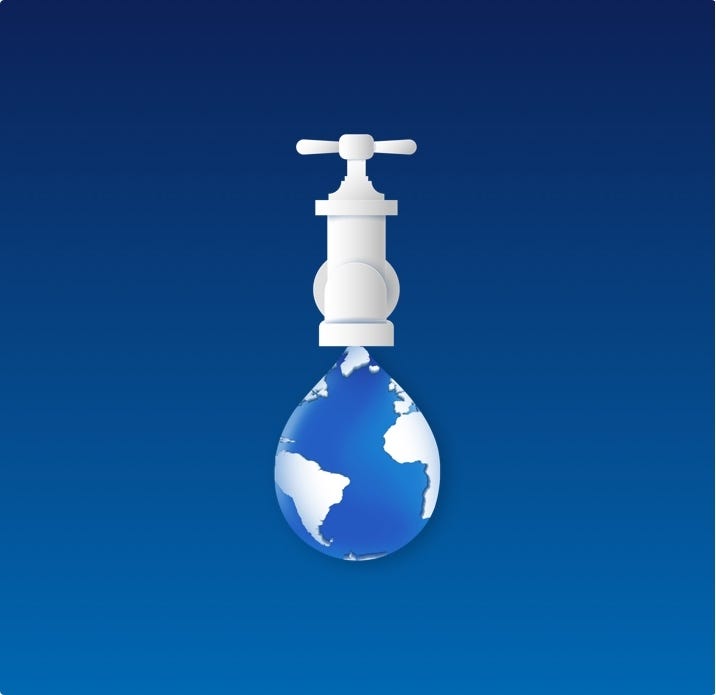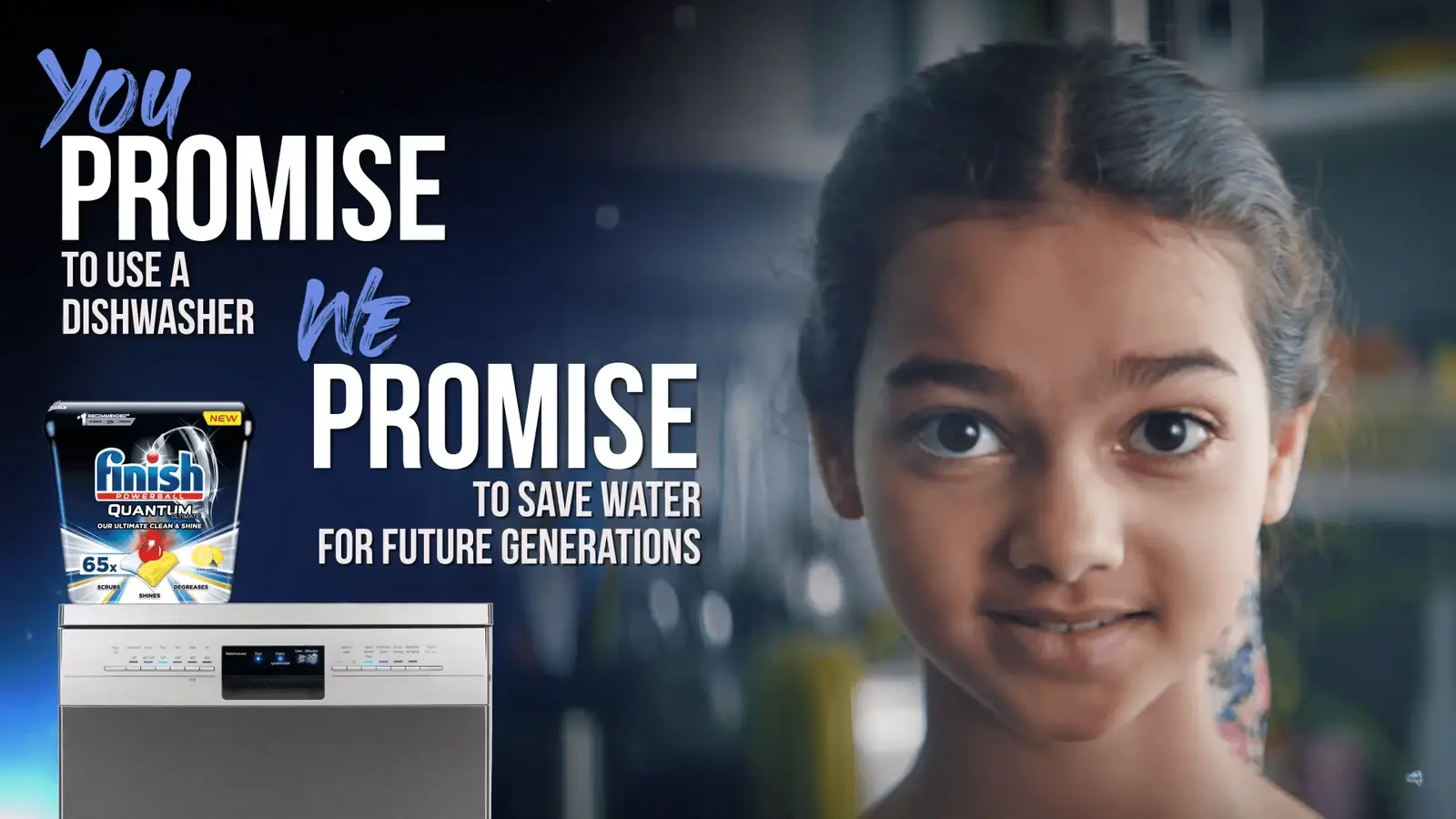Save Water for a Brighter Future
Water, is a precious resource that is slowly running out. Over the years, water has been instrumental in the growth of our region - a cornerstone in our quest for prosperity and progress! We should not forget the importance of such a critical resource and cherish its existence. Simple behavioural changes such as adopting a dishwasher for washing dishwasher can save up to a 100L of water daily. Its time we stand up, and promise to play our part to save water for a brighter future #OurWaterMatters
Where our water goes
On average, KSA Daily Water Consumption is Twice the Global Average!
Did you know?
Showering and bathing = approximately 31% of average household use
Approx. 10 liters per minute = 50 liters for a five-minute shower
Toilet flushing = approximately 23% of average household use
Approx. 13 liters per flush (old style)
Laundry = approximately 8% of average household use
As much as 170 liters per load
Dishwashing = approximately 12% of average household use
Pre-rinsing uses up to 24 liters per load
Drinking = approximately 2% of average household use
Approx. 9 liters of water per minute (normal tap)
Outside use = approximately 4% of average household use
Garden sprinkler uses 1,000 liters per hour
This content was created by and appears on NationalGeographic.com as part of the Where Our Water Goes brand partnership with Reckitt

Our Manifesto
Finish has always strived to make even simple tasks more efficient. We know that using a dishwasher is more efficient than handwashing in time and effort. And with Finish you can even skip the pre rinse and save precious water it’s a win-win. So turn off the taps. Why work harder when you can clean clever? #OurWaterMatters

Skip The Rinse
By rinsing off dishes before running them in a dishwasher cycle, the average household unnecessarily sends thousands of precious litres of water down the drain each year.
Finish’s Quantum Ultimate superior formula means you can skip the rinse. By skipping the rinse, you can save up to 30L of water every day!
You Promise to use a dishwasher, We Promise water for your future generations

6 ways to Save Water
Knowing where we waste water can inspire us to take positive action. There are many things that each and every one of us can do to reduce our water consumption, and the actions we take as individuals can make a big difference. Collectively we need to reduce our water consumption to reduce the threat of severe water stress.
This content was created by and appears on NationalGeographic.com as part of the Where Our Water Goes brand partnership with Reckitt.
Shower
Save 40% per minute High efficiency showerheads can use as little as 6 litres per minute, saving 20 litres per five-minute shower.
.png?width=64&height=64&format=png&quality=80)
Toilet Flush
Save 50% per flush Modern dual flush toilets use as little as 6 litres per flush or even less.
.png?width=64&height=64&format=png&quality=80)
Laundry
Save around 60% per load A new A-rated washing machine typically uses just 56 litres per load.
.png?width=64&height=64&format=png&quality=80)
Dishwashing
Save 85% per load A dishwasher uses just 10 litres per full load, saving more than 50 litres per day against handwashing in a sink.
.png?width=64&height=64&format=png&quality=80)
Running Taps
Save 91% per minute Taps fitted with flow-controlled aerators can use less than 800mm of water per minute, saving over 8 litres per minute.
.png?width=64&height=64&format=png&quality=80)
Garden
Save over 99% per hour Installing a drip irrigator uses just 4 litres per hour, saving as much as 996 litres per hour.
.png?width=64&height=64&format=png&quality=80)
Sources
https://www.thameswater.co.uk/be-water-smart/you-can-be-water-smart/you-can-be-water-smart
https://www.thegardener.co.za/water-saving/
https://www.countryfile.com/news/water-shortage-in-the-uk-whats-the-problem-and-how-to-save-water/
https://www.capetownmagazine.com/innovative-water-savings-ways
https://interestingengineering.com/how-exactly-does-drip-irrigation-work
.png?width=70&height=45&format=png&quality=50)